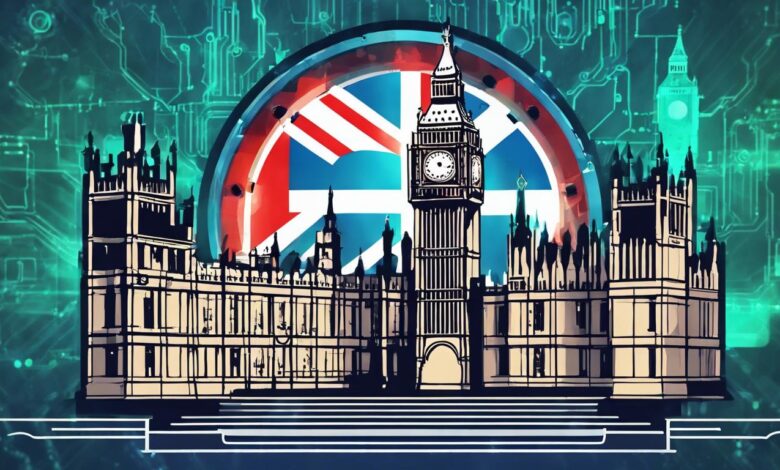Cybersecurity breaches rattle UK Parliament: MPs targeted in sexting scams

A series of cyber incidents involving Members of Parliament, including ‘cyber flashing’ and blackmail threats, has prompted police investigations and raised pressing concerns over the security and privacy of politicians in the digital age.
A series of cyber-related incidents involving Members of Parliament has prompted police investigations and raised concerns over privacy and security within UK politics. Dr. Luke Evans, a Conservative MP, has publically disclosed being a victim of “cyber flashing” after receiving unsolicited explicit images over WhatsApp. The incident came to light when Evans, affected first in the presence of his wife and then his team, opted to report the matter to the police.
In a related development, MP William Wragg confessed to leaking colleagues’ phone numbers following a blackmail threat connected to a sexting scandal. This blackmail arose from fears over intimate images being leaked. Wragg has issued an apology, acknowledging the harm caused by his actions, although he has not faced immediate disciplinary action from the Tory party. The situation has led to public support from senior figures like Jeremy Hunt but also prompted calls from figures such as Sadiq Khan, the Mayor of London, for Wragg’s resignation as a legislator.
These events are part of a wider suite of incidents described as a “honeytrap sexting scam,” likened to spear phishing cyberattacks, targeting MPs with unsolicited messages containing personal details about their careers. Both Evans and Wragg’s experiences have underscored the vulnerability of public figures to cyber threats, prompting an investigation by the Metropolitan Police, with collaboration from other forces including Leicestershire Police.
The Metropolitan Police are investigating the extent of unsolicited communications aimed at unraveling potential security breaches within Parliament. This comes amidst broader apprehension regarding targeted attacks on UK democracy, including fears related to espionage.
The unfolding controversy has brought to light the critical importance of cybersecurity for individuals in public office. MPs have been urged to exercise caution and enhance their vigilance in managing digital communications. The House of Commons has emphasized the issue’s gravity, offering MPs and staff tailored advice to mitigate online risks, stressing the proactive measures needed to secure digital platforms against such vulnerabilities.








